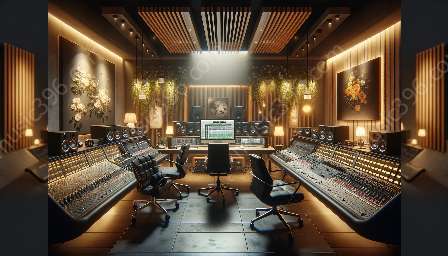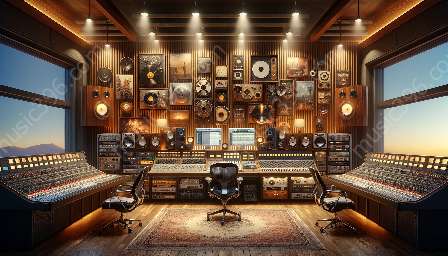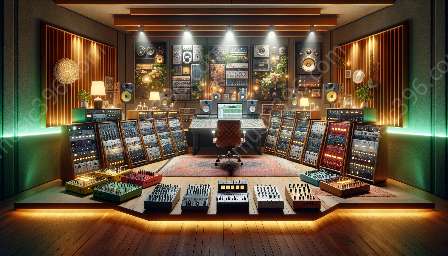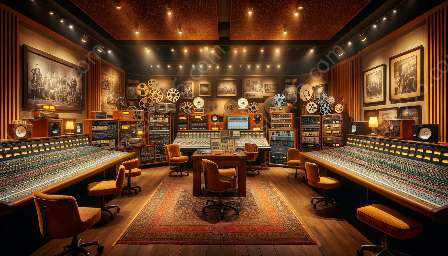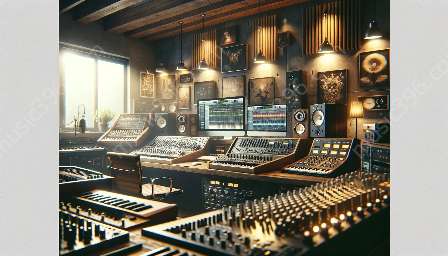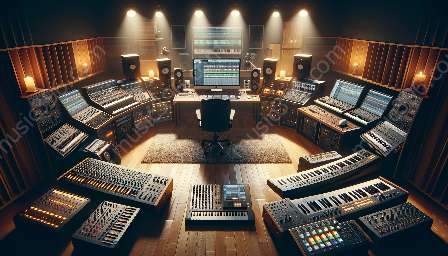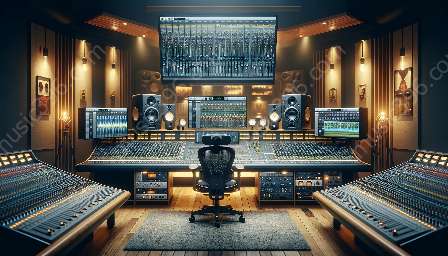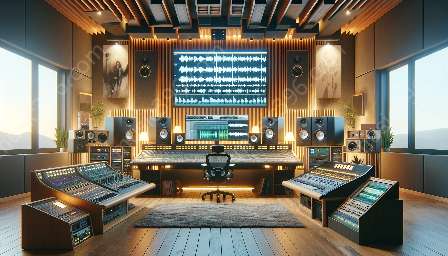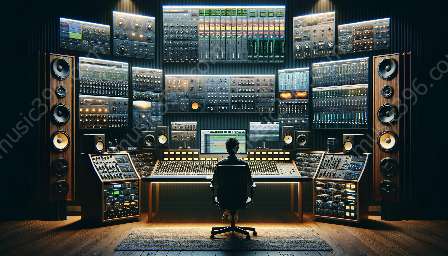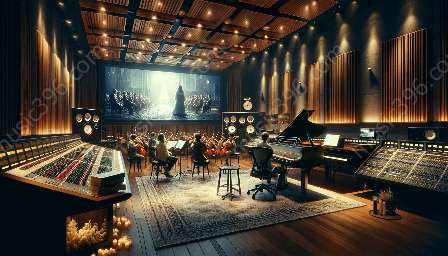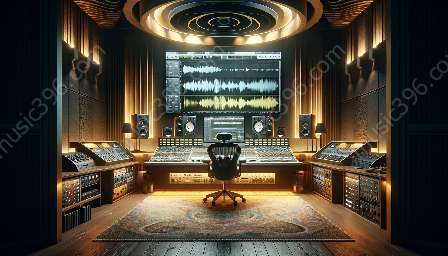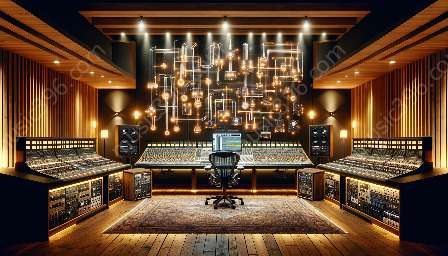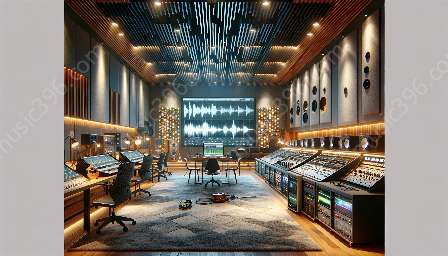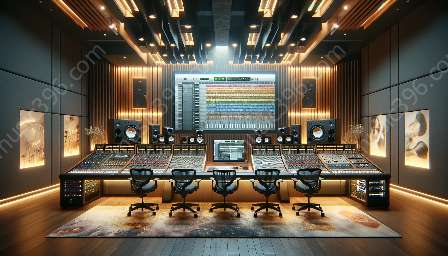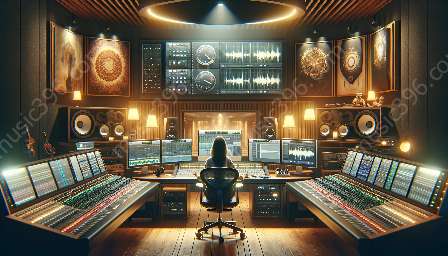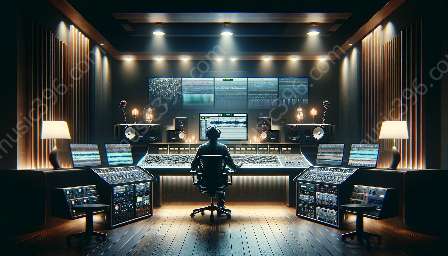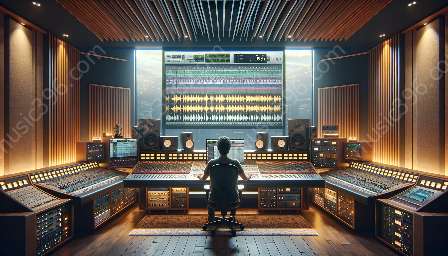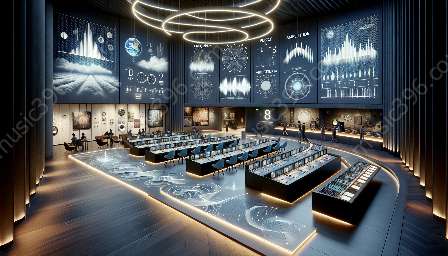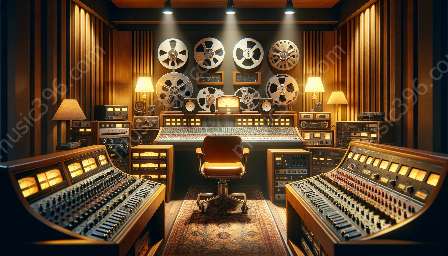Music recording has come a long way, and one of the key advancements in this field is the use of MIDI (Musical Instrument Digital Interface). MIDI has revolutionized the way musicians and producers create, record, and edit music. This article will explore the advantages of using MIDI for music recording, highlighting its versatility, flexibility, and its impact on the overall music production process.
Versatility and Flexibility
MIDI offers unparalleled versatility and flexibility in music recording. Unlike traditional audio recording, which captures the actual sound produced by an instrument, MIDI records the musical notes and performance data. This means that MIDI can be used to control and manipulate various aspects of music production, including pitch, tempo, dynamics, and even instrument sounds.
One of the key advantages of MIDI is its ability to separate musical notes from the specific sound generated by an instrument. This separation allows musicians and producers to edit and manipulate the recorded notes without affecting the original sound source. It also enables users to change the instrument sound after the recording, providing the flexibility to experiment with different tones and textures.
Moreover, MIDI data can be easily edited and corrected, offering a level of precision and control that is often impractical with traditional audio recordings. This versatility and flexibility make MIDI an invaluable tool for music recording, as it allows performers and producers to achieve the desired musical results with precision and ease.
Enhanced Creativity
Using MIDI for music recording opens up a world of creative possibilities. MIDI enables users to explore different musical ideas and arrangements by easily rearranging and editing the recorded notes. This creative freedom allows musicians and producers to experiment with new melodies, harmonies, and rhythms, helping them push the boundaries of their musical expression.
Furthermore, MIDI recording allows for the use of virtual instruments and software synthesizers, providing access to a vast library of sounds and effects. This means that musicians are not limited to the sounds of traditional instruments and can explore electronic, experimental, and other unconventional sounds to enhance their recordings.
MIDI also facilitates the automation of various parameters, such as volume, panning, and effects, allowing for dynamic and expressive performances. This level of control over the musical elements empowers artists to fully realize their creative vision and produce music that is rich in texture and emotion.
Impact on Music Production
The advantages of using MIDI for music recording extend beyond the creative process and impact the overall music production workflow. MIDI seamlessly integrates with digital audio workstations (DAWs) and other software, providing a streamlined approach to producing and arranging music.
By leveraging MIDI, producers can easily manipulate and arrange musical elements, speeding up the composition and production process. This efficiency is particularly beneficial when working on complex arrangements or orchestrations, as MIDI allows for quick and intuitive editing and arrangement of musical parts.
Additionally, MIDI facilitates the synchronization of multiple musical devices and instruments, enabling seamless integration of hardware and software components in a music production setup. This integration enhances the collaborative aspect of music recording, as musicians can work together in a digital environment, sharing and syncing their musical ideas effortlessly.
Furthermore, MIDI opens up avenues for interactive and live performances, as it enables real-time control and manipulation of musical elements. This has led to the development of innovative music performance technologies, creating new opportunities for live electronic music and interactive multimedia experiences.
Conclusion
In conclusion, the advantages of using MIDI for music recording are clear and impactful. Its versatility, flexibility, and impact on music production have transformed the way music is created and produced. MIDI empowers musicians and producers to explore new creative horizons, enhancing the quality and depth of their musical productions. As technology continues to evolve, MIDI will undoubtedly remain a cornerstone of modern music recording, offering endless possibilities for musical expression and innovation.



